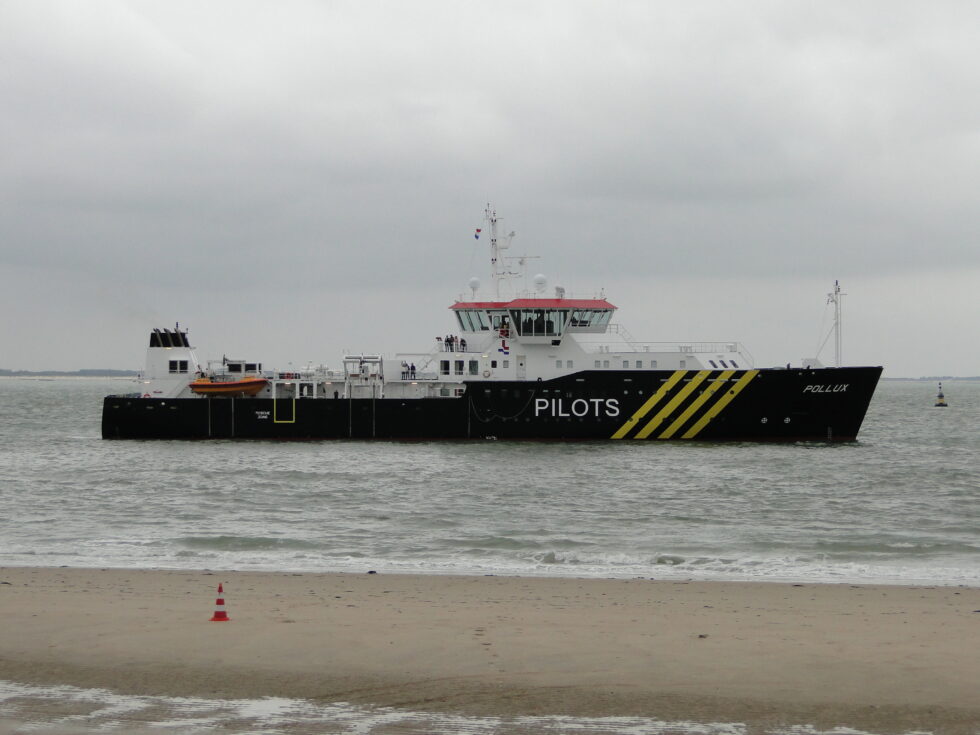
Unclear situation during pilotage operation resulted in collision in Scheldt area
- Collision
- General
- General Cargo
- Sea shipping
- Work
A system whereby two pilot vessels are located close together during a pilotage operation can result in confusing situations, in particular if a pilot vessel that is not participating in the operation is nonetheless clearly recognizable as a pilot vessel. At the time of this collision, the Pollux was carrying its pilot lights, creating the impression on board the bulk carrier that the vessel was in fact monitoring the pilotage operation, and was on hand to offer assistance, if necessary. However, this was not the case, and this assumption was not subsequently confirmed. The captain of the Pollux noticed too late that there was a risk of collission with the Nord Taurus. The outcome was an unclear and hazardous situation, which eventually resulted in the collision.
Pilots as role models
The waters in the Scheldt area are often the subject of investigations by the Dutch Safety Board. The complexity of this area combined with intensive use of the navigation zone resulted years ago in the introduction of a compulsory pilotage service. The pilots are the experts in the navigation zone in which they operate and as a consequence serve as role models for general shipping safety.
On 21 January 2018, however, the operations were carried out too routinely, and multiple safety barriers failed. This created room for assumptions which were not subsequently confirmed. For example, both the Nord Taurus and the Perseus assumed that the Pollux was monitoring the pilotage operation and was on hand to offer assistance, if necessary. They therefore also assumed that the Pollux would change heading, so as to not hinder the course to be followed by the Nord Taurus. The lesson to be learned from this occurrence is that all parties involved in an activity in the vicinity of a pilotage operation must be fully aware of the actions to be taken in the various manoeuvres. There must be no room for unconfirmed assumptions.
Preparing specific instructions for the pilotage operation
As a consequence of this collision, the Dutch Safety Board has issued recommendations among others to the Nederlands Loodswezen and the Belgian Agency for Maritime and Coastal Services (MDK). Both parties are called upon to jointly draw up further practical instructions for behaviour during pilotage operations, in particular in a situation when a pilot vessel is located nearby, but is not actively involved in the operation. Ensuring compliance with the instructions to be drawn up must be appropriate to the Loodswezen’s function as a role model. This may help prevent similar incidents occurring in the future.
The investigation page with the report and recommendations can be found here.
